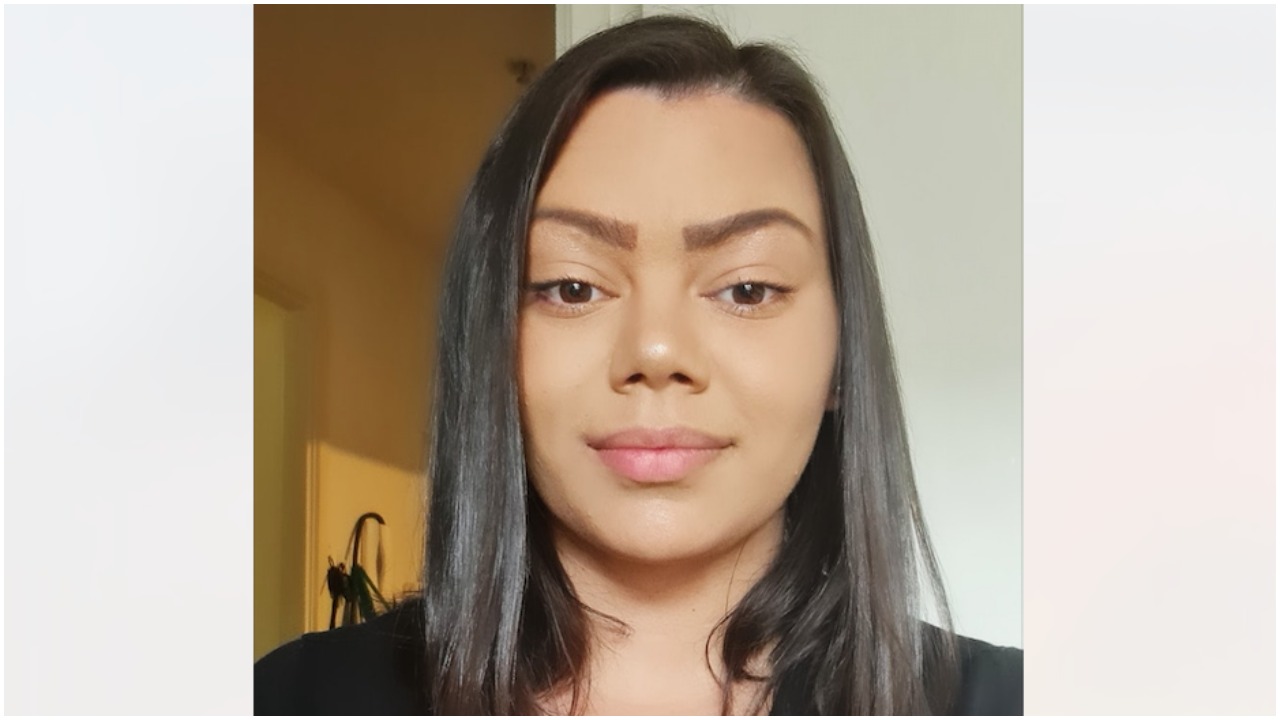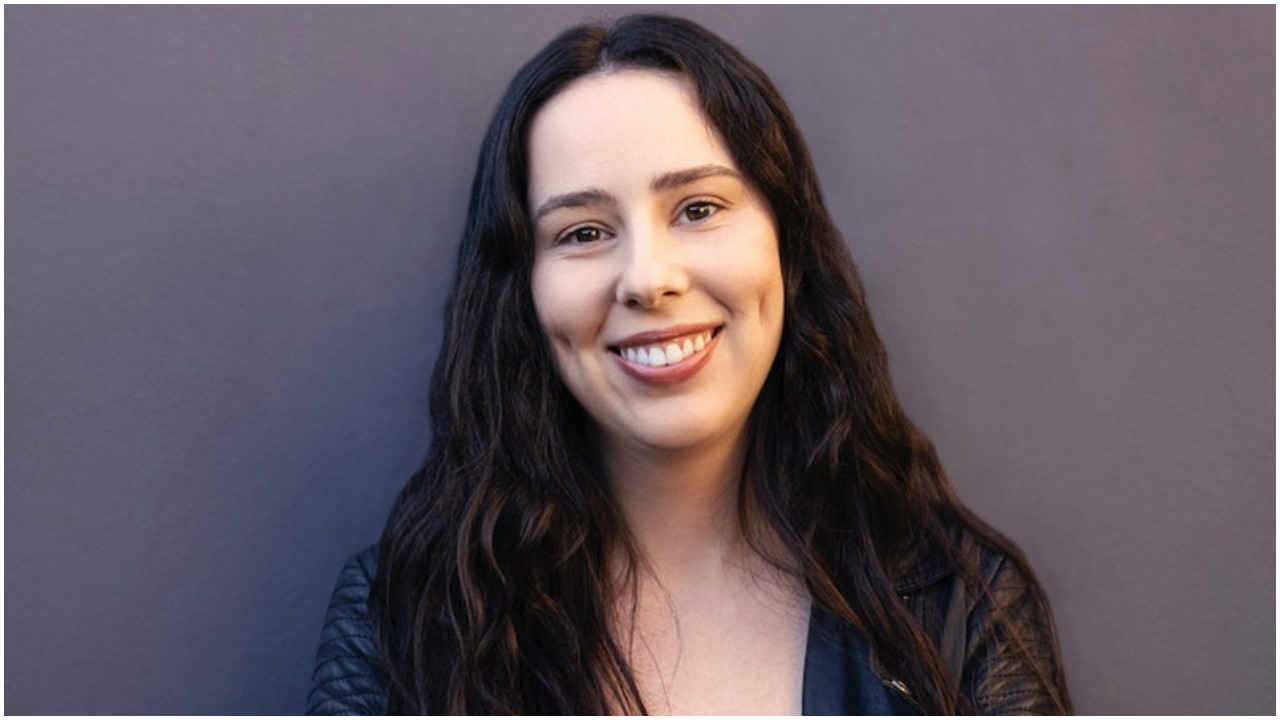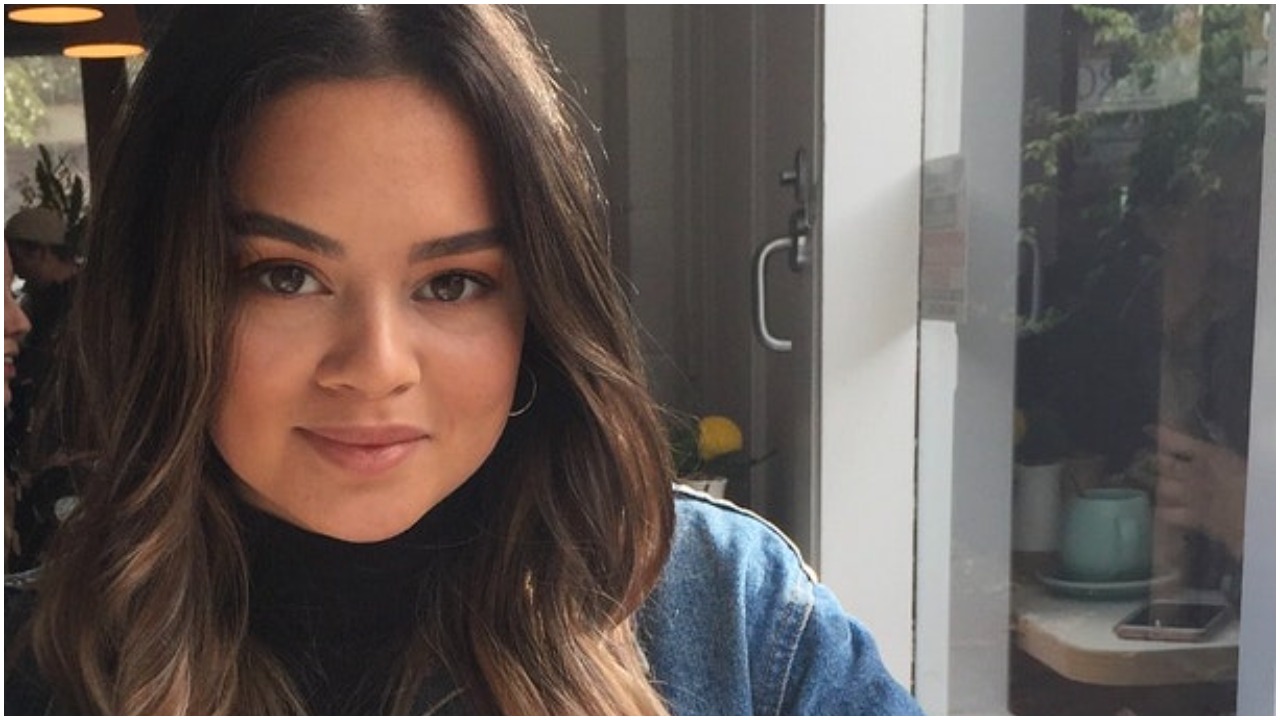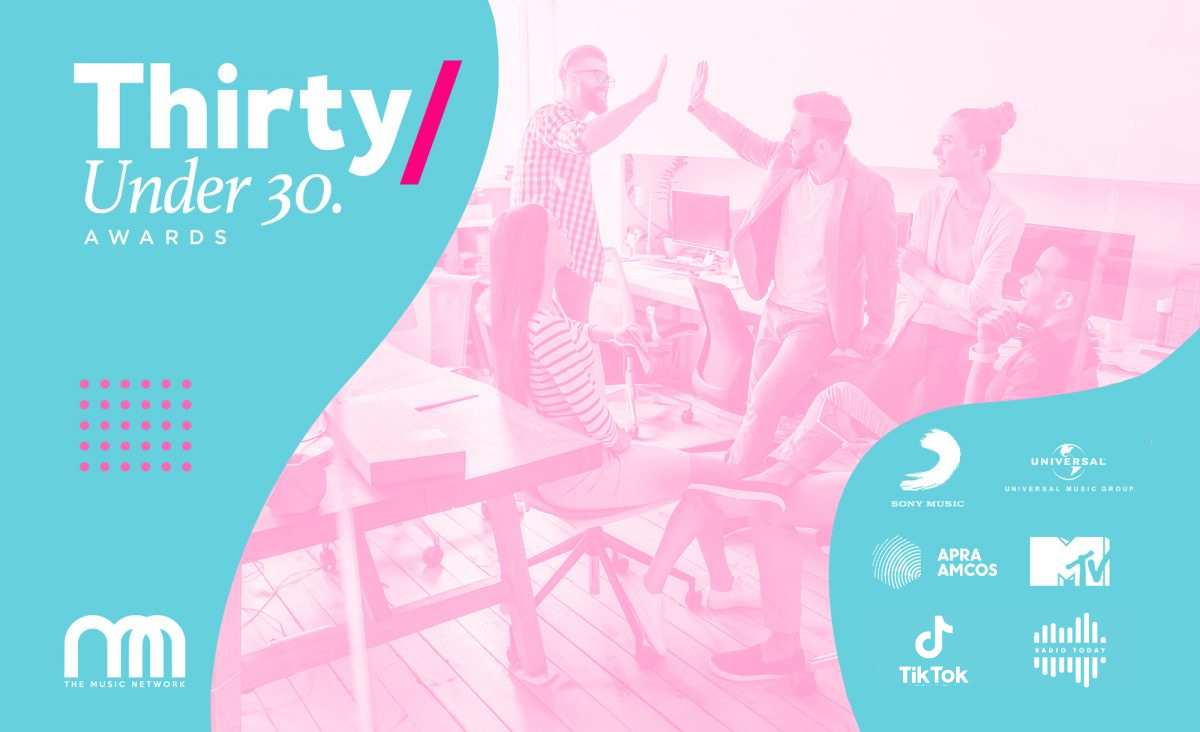TMN 30 Under 30: More winners share their visions for the future

All three of today’s TMN 30 Under 30 winners want to see change within the industry, but they’re also willing to be the change.
Here they advocate for more First Nations representation and safer workplaces, females in higher-powered roles, and a greater understanding and more action when it comes to including disabled people in the live music scene.
Read on to see why Cerisa Grant, Charlotte Ried and Desiree Venuto are the future of the music industry.
Cerisa Grant, Support Act

Since taking on the role of First Nations community engagement and social worker at Support Act, Cerisa Grant has helped over 100 people access financial support. Her role has seen an increase in First Nations people accessing Support Act’s services and Grant endeavours to make it a culturally safe space for them to access the resources they need.
“I want to continue to empower our First Nations artists and music workers to get the help they need, to have those hard discussions, to stand up for what is right and to heal past traumas so that we may continue to rise and work together,” she said.
“I want to support those who need it and educate those who do not understand. I want to lead the way for other First Nations to become more than what they thought they could be and cheer each other on.”
But what are the biggest challenges facing the music industry, according to Cerisa?
“The biggest challenge I face is firstly being a mum and figuring out how to manage my time so I am giving the most to support my goals within music, giving as much energy as I can to my mental health and wellbeing, and giving my attention and support to my son and partner.
“My second biggest challenge is working in an industry that is predominantly non-Indigenous people and trying to navigate my way around a construct that is not built to support the First Nations way of life. The industry is getting much better, but we do have a fair way to go.
“My third biggest and challenge I face within the music industry is figuring out a way to support First Nations artists from the grassroots and getting the First Nations community to see I have their best interest at heart.”
Charlotte Ried, Right Hand Management

Charlotte Ried, the general manager of Right Hand Management and Michael Parisi Management, says she feels most successful when her artists and teams emerge from the trenches together and celebrate their collective achievements.
“Watching an artist play an incredible show is so much more rewarding when you’ve all worked your butts off together to get to that point,” she explains.
And she’s had plenty of those moments already – working with the likes of Vera Blue, Polish Club, Xavier Rudd and Chelsea Warner, and selling out shows domestically and internationally.
But what are the biggest challenges facing the music industry, according to Charlotte?
“I believe the biggest issue still is mental health in the music industry. No matter what role someone has in the industry, there is immense pressure to always over-perform and to be working 24/7, even if it is detrimental to your health and wellbeing.
“Going above and beyond leads to burn out after time.
“The multiple COVID lockdowns in Melbourne showed me the desperate need to slow down and listen to my body, and really make my own mental and physical health my top priority. Because of this, during our second Melbourne lockdown, I undertook a mental health first aid course, to better equip myself to help our artists and my colleagues.
“I took the lockdowns as a lesson to normalise checking in with your artists/team members and having real conversations about mental health. Artists especially feel so much pressure, so it is important to create a space where they feel comfortable to come to me with issues or problems, as they need to feel supported and heard.
“I believe that the toxic culture of the industry and the ‘boys club’ exacerbate this even further, and needs to be properly addressed and dismantled. The #MeToo Movement and Instagram page Beneath The Glass Ceiling has highlighted this too many times recently, and the time is up.
“The many women that have been hurt by the industry is upsetting and overwhelming.
“As general manager, I try to help create a sustainable work culture, help out others when they need it, and make sure that everyone feels heard. When I can, I mentor up-and-coming industry colleagues and try to help empower them. It’s so important that women, in particular, have safe spaces where they feel supported so that they can become the future leaders in our industry.”
Desiree Venuto, Lonely Lands Agency

Desiree Venuto interned at festivals, management companies, booking agencies and media outlets, before climbing the ranks at Lonely Lands Agency to become a full-time booking agent.
She’s well aware the touring and live performance side of the industry can be seen as a boys club and believes she has a role to play in elevating female representation in touring and the wider music industry.
“I want to see more females in agent and promoter roles rather than staying as assistants in the future,” she says. “I’d love to become a role model and mentor to encourage girls to pursue a career in the live touring side of the industry.”
But it’s not just representation, Venuto also wants to have greater input into the strategy and overall business direction of her artists, particularly in relation to environmental sustainability.
But what are the biggest challenges facing the music industry, according to Desiree?
“One of the biggest challenges we are facing is making live music more accessible to those with disabilities. Venues, events and artists are becoming more conscious of how to make their spaces/ events more inclusive to the disabled community, but there is still a large proportion that need to take into consideration the barriers this community can face.
“When people think of disability they spring to the idea of ramps, rails and accessible bathrooms etc, however there is a wider range of barriers including: buying a ticket online to a show, access liaison to and from the venue, uninformed venue staff on disability services etc. We are a step in the right direction, however we need to have a wider conversation about making live music more accessible, and create awareness to ensure the disabled community are noticed and feel included.
“Another issue – as an industry we are progressing to achieve diversity in artist rosters and line-ups, but we still need to work on improving diversity within the workplace. It would be great to see more CALD [culturally and linguistically diverse] and First Nations staff being employed in the music community that is not in a tokenistic approach. Ideally if we could post job ads to wider communities and platforms it could be a positive start to becoming more inclusive as an industry.”































